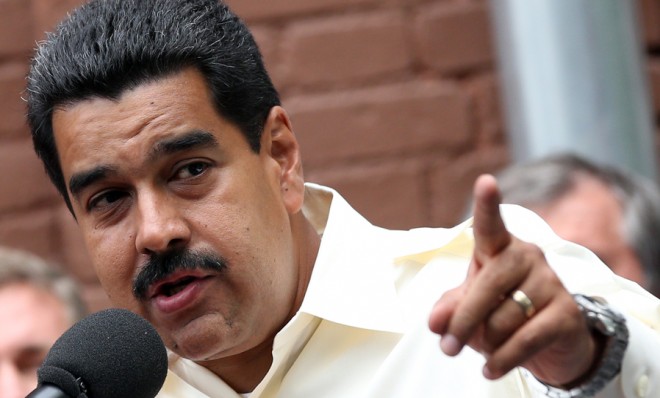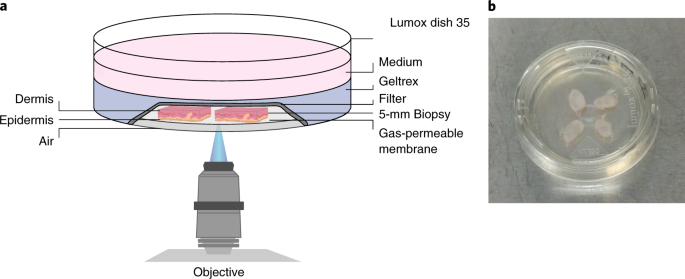
- Select a language for the TTS:
- UK English Female
- UK English Male
- US English Female
- US English Male
- Australian Female
- Australian Male
- Language selected: (auto detect) - EN
Play all audios:
A Russian lawmaker said Tuesday that NSA leaker Edward Snowden had accepted an offer of political asylum from Venezuelan President Nicolas Maduro. Neither the Venezuelan government nor
Snowden immediately confirmed the claim — in fact, the lawmaker quickly deleted a tweet in which he announced it. But if true, such an exile deal could be Snowden's ticket out of the
Moscow airport, where he has been holed up for two weeks evading espionage charges in the U.S. The question is, what would be in it for Venezuela? Snowden made himself an enemy of Washington
by spilling secrets on the National Security Agency's mining of internet and phone-call data. That makes him a natural ally of Maduro, the hand-picked successor of the late anti-U.S.
firebrand Hugo Chavez. And some of his allies in the region, including Bolivia, Nicaragua, and Cuba, have also expressed support for sheltering Snowden. SUBSCRIBE TO THE WEEK Escape your
echo chamber. Get the facts behind the news, plus analysis from multiple perspectives. SUBSCRIBE & SAVE SIGN UP FOR THE WEEK'S FREE NEWSLETTERS From our morning news briefing to a
weekly Good News Newsletter, get the best of The Week delivered directly to your inbox. From our morning news briefing to a weekly Good News Newsletter, get the best of The Week delivered
directly to your inbox. Taking in Snowden could also solidify Maduro's hold on power — a big plus given that roughly half the electorate thinks he stole the election from challenger
Henrique Capriles in April. Juan Forero at _The Washington Post_ notes that Maduro also faces "staggering economic problems at home despite the country's oil wealth."
Embracing Snowden could be a way for Maduro to simultaneously distract from Venezuela's domestic problems and beef up his anti-imperialist cred, silencing hardliners who have expressed
fear that he would seek a rapprochement with Washington now that Chavez is gone. Here's Forero: Maduro also might be reaching out to Chavez's old buddies overseas. Anastasia
O'Grady says at _The Wall Street Journal_ that "Venezuela has reason to fear increasing irrelevance as North America becomes more energy independent." Maduro might want to use
the asylum offer to show Chavez allies such as Iran and Russia that he is just as "committed to the anti-American cause as was his predecessor," says O'Grady. Some critics of
Maduro's government also point out that his public stand against the surveillance techniques exposed by Snowden will serve as a smokescreen, obscuring the fact that his government is
accused of even worse invasions of privacy. Adam Taylor at _Business Insider_ says dissidents and journalists have repeatedly complained that the security apparatus set up by Chavez and
continued by Maduro routinely uses illegal wiretaps to record their conversations — and then uses them for political gain. That is why, Taylor says, "to some in Venezuela who have put
up with such intrusions into their privacy, the idea that Snowden might consider asylum in Venezuela is offensive." A free daily email with the biggest news stories of the day – and the
best features from TheWeek.com







